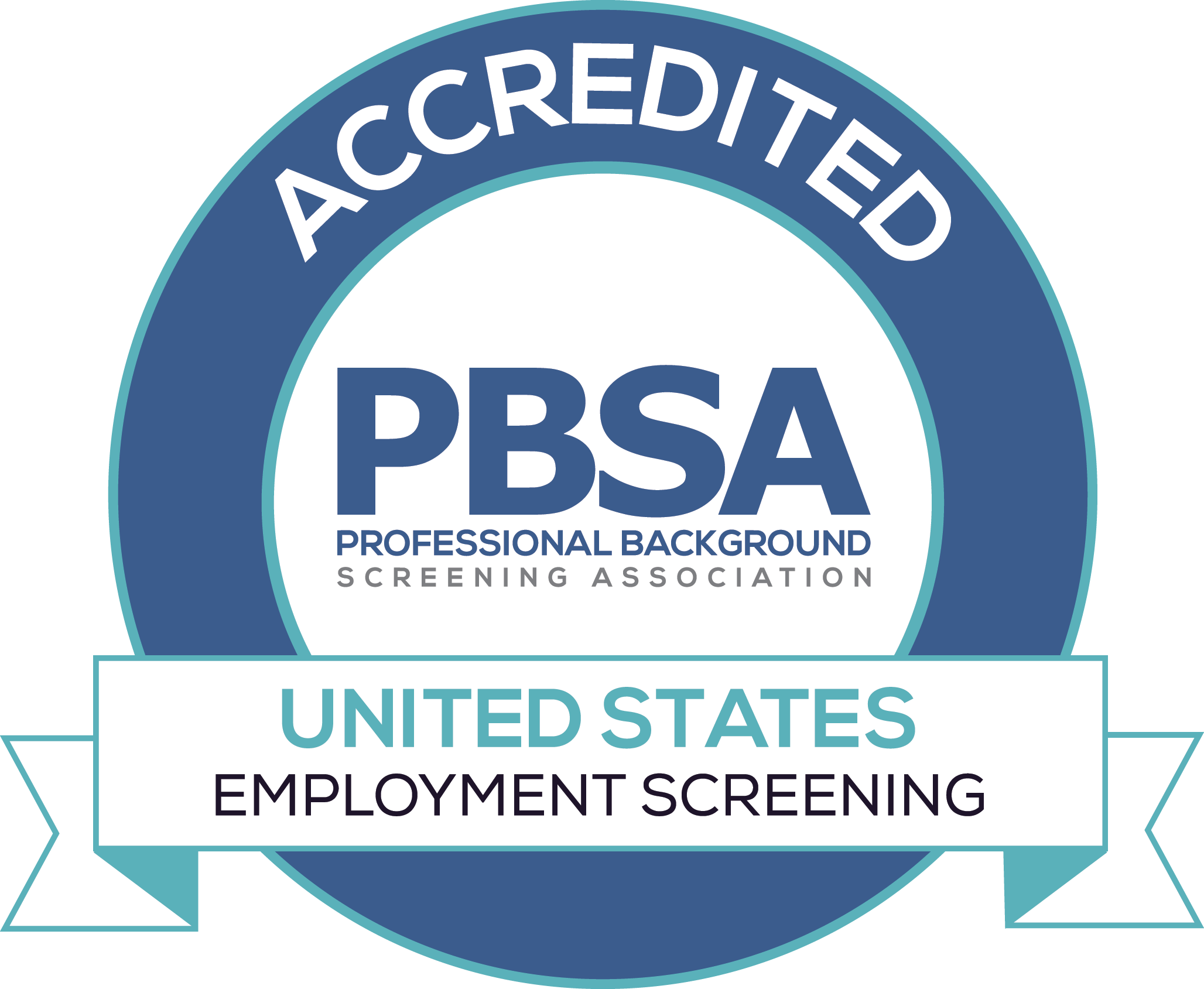August 2nd, 2021
Connecticut has become the 19th state to adopt a law legalizing the recreational use of marijuana and puts into place regulations for the use, sale, and cultivation of marijuana throughout the state.
While the use of marijuana continues to be illegal under federal law, Connecticut Senate Bill 888, An Act Responsibly and Equitably Regulating Adult-Use Cannabis, took effect 07/01/2021 and permits adults over the age of 21 to be in possession of up to 1.5 ounces of marijuana and up to 5 ounces of marijuana in a locked container or in their homes. While the recreational use of marijuana became legal in Connecticut just a few weeks ago after Governor Lamont signed the bill, retail sales will not start until 2022, and cultivation of up to six plants per adult over the age of 21 will become legal starting in 2023. The sale of marijuana will require a license from the state and not all will be eligible to obtain this license. Some individuals with prior criminal convictions for forgery, fraud, or perjury will be unable to obtain a license.
Although the law now permits adults to consume marijuana in public just as you would smoke tobacco products, laws are still in place forbidding the use of marijuana in state parks, on state beaches, and on Connecticut’s waterways. Individual municipalities and cities can override the state law and choose to ban the public consumption of marijuana. If making this choice, these municipalities and cities must provide an outdoor space for consumption if their population is greater than 50,000 residents. Driving under the influence will continue to be illegal and will be strictly enforced. Police departments will be required to send their officers for additional training through the program Advanced Roadside Impaired Driving Enforcement (ARIDE).
What does this mean for employers?
Workplace Standards
Employers can maintain a drug-free workplace policy and implement policies prohibiting the possession, use, or consumption by an employee BUT the policies must be in writing and provided to employees at the time of a conditional offer of employment.
Hiring/Employment Decisions
Employers cannot discharge, refuse to hire, or take adverse employment action on an employee (or candidate for employment) should the employee engage in marijuana usage outside of work. Some employment positions are an exception to this:
firefighters
police officers
positions requiring the operation of a motor vehicle
positions requiring the care of children
medical patients
vulnerable people
positions funded wholly or partially by a federal grant
Employers CAN take adverse decisions should the employee consume marijuana while at work or the employer feels the employee is under the influence while at work.
Drug Testing
Employers can NOT make an adverse employment action solely based on a positive marijuana drug test. Employers can take an adverse employment action should the employee (or applicant for employment) test positive for marijuana if this will be cause for the employer to lose federal funding, the employee appears to be engaging in use while at work, or the employer is governed by a collective bargaining agreement that specifically addresses drug testing.
Criminal Implications
Certain marijuana-related convictions that occurred between 01/01/2000 and 10/01/2015 will automatically be expunged. Convictions not fitting into this timeframe will require the normal petition process for expungement. Parole or probation cannot be revoked for unlawful possession of marijuana. Police officers cannot conduct a search or stop based on an odor of marijuana unless the officer believes the person is driving under the influence. It will be considered a misdemeanor offense should marijuana be sold to someone under the age of 21, should a licensed business allow someone under 21 to loiter in a marijuana store, and should someone under 21 lie about their age to obtain marijuana. Additionally, recreational use of marijuana is still illegal for anyone under the age of 21.
States such as Hawaii, Iowa, and Kansas to name a few have proposed marijuana changes to be heard in bills in 2022. Continue to watch as other states pass their own legislation regarding the recreational use, sale, and cultivation of marijuana in the future.
Company
Background Checks


